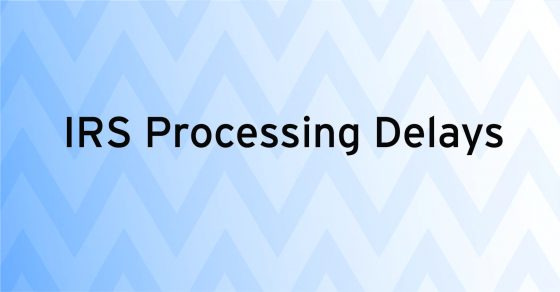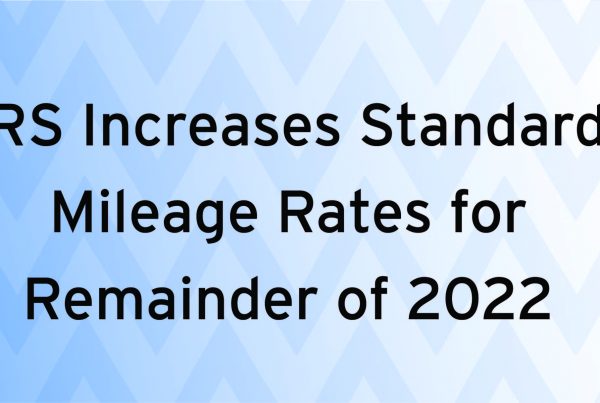
Internal Revenue Service remains buried in paper due to pandemic challenges (1/15/22)
Since the start of the pandemic in early 2020, the IRS has been faced with unprecedented personnel and challenges related to Covid-19 legislation enacted to help alleviate the effects of the pandemic. Unfortunately, the IRS is still digging its way out of mountains of paper filed returns and taxpayer correspondence. These struggles will continue to complicate and delay interactions with IRS during this upcoming tax season.
The IRS National Taxpayer Advocate recently “expressed deep concerns” about the upcoming 2021 tax filing season in her annual report to Congress on the 2021 filing season. Her report found that tens of millions of taxpayer experienced delays in processing their returns or trying to resolve tax correspondence. As of late December, the IRS had backlogs of 6 million unprocessed original individual returns, 2.3 million unprocessed amended individual returns, more than 2 million unprocessed employer’s quarterly tax returns and about 5 million pieces of taxpayer correspondence. Some of these submissions date back to at least April 2021. Many taxpayers are still waiting for tax refunds for tax returns that were filed months ago.
To be fair, the IRS has had a tough job since the start of the pandemic. They have been the arm of the government assigned to process Economic Impact Checks and get the related infrastructure in place to administer that program. They have also been tasked with implementing the whims of Congress, sometimes after the end of the tax year, while dealing with the same effects of remote working as many other businesses. That said, there are some things that they could do to not compound the problems and aggravate taxpayers (as well as us).
While no one is going to feel sorry for the IRS, this situation has had a profound negative effect on our ability to help clients resolve tax issues via correspondence, inquire as to the status of refunds or amended returns and other situations that require communication with IRS personnel. We have been frustrated with these delays and disappointed to be dealing with notices for issues we have previously addressed, only to have our letters languish somewhere in the IRS backlog. We wish that there was a magic solution to these issues, but ultimately, we are all at the mercy of the IRS. We do suggest that electronic filing/payment be used when at all possible, and please have patience with any dealings with the IRS.
Here’s hoping that next year, the 2022 filing season shows big improvements from the past two.




